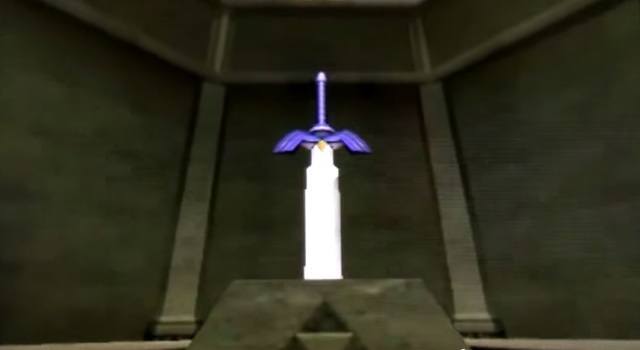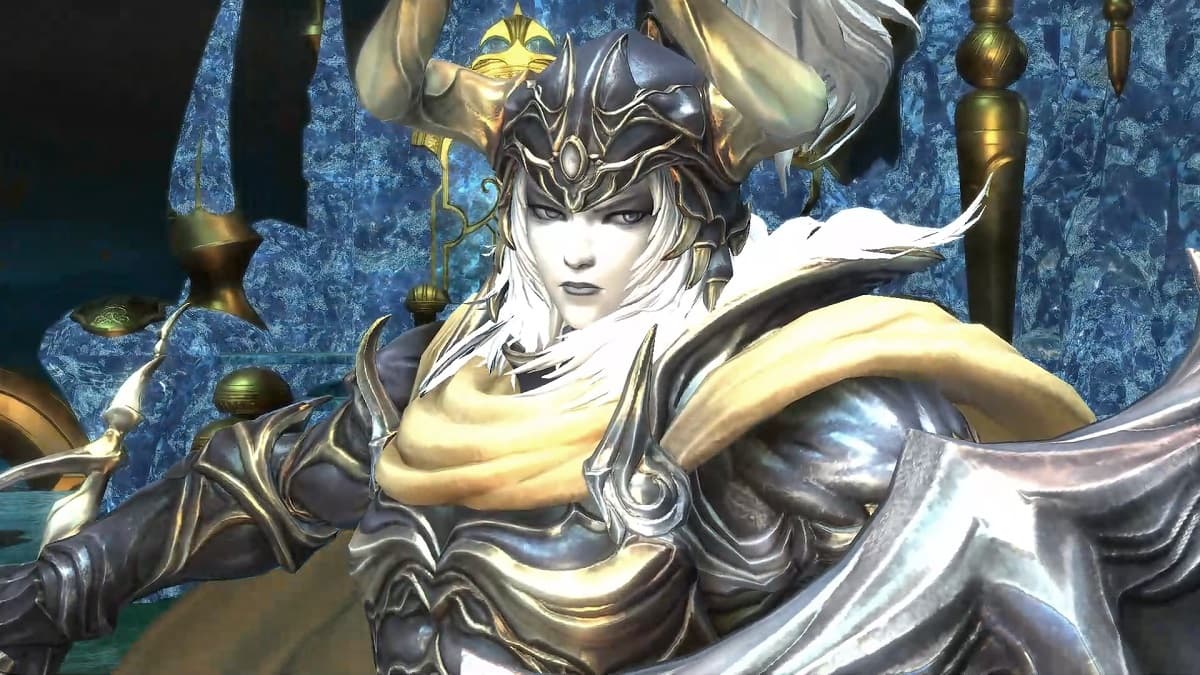Nothing that man can make is ever truly deathless. Cathedrals crumble to dust. Paintings grow moldy and forgotten. As you read this, your books are yellowing and rotting away. Even those indestructible Super Nintendo cartriges will someday be landfill.
But some works of art never seem to die or go out of style. The Mona Lisa’s smile has captured our imaginations for centuries despite the invention of photography and 3D imaging. While thousands have tried to imitate and update the works of Shakespeare, we still flock to theaters to see the originals. Even without CGI, high-definition cameras, or even color film, Casablanca remains one of the most beloved films of all time.
But what about video games? Unlike other mediums of art (and I need not elaborate, they are art), video gaming lacks the long history of tradition necessary to determine, through retrospect, which specimens are masterpeices fit to withstand the test of time. Film, one of the younger major mediums, has nearly 175 years of history to pour over, whereas video gaming’s most distant ancestry only stretches back to the 1940s, and gaming for public use started as recently as the 1970s. The Magnavox Odyssey might seem like something out of the Stone Ages to most gamers, but compare gaming’s lifespan to painting’s Lascaux Caves or architecture’s Machu Picchu, and suddenly it looks like our favorite medium is still in daipers. We haven’t the time to observe the long-term impact that video games might have.
A Nintendo World Championships 1990 Cartidge, now immortalized as a museum piece.
All of us have our lists of games that we think were great, are great, and will always be great. But the question remains:
Can video games be truly timeless?
I’m right in the middle of playing through Final Fantasy VII, and unlike a lot of my friends, I never got to play it as a kid. I bought it off Playstation Network, nostalgia goggles not included. I find the music to be awesome, the settings imaginative, and the story and dialogue great. But playing this legendary 1997 game in 2015, very little else holds up. The graphics are primitive, the movement is slow and clunky, and the turn-based gameplay is extremely dated.
Video games, as a medium that relies on cutting edge technology, usually age about as well as 8-tracks and bell-bottoms did: kind of good and funny in their own way, but only for their retro appeal. But I bring up Final Fantasy VII because in spite of all it’s age-related shortcomings, it is still touted by most as one of the greatest games of all time. Also in spite of those cons I mentioned, I have to agree with them. Not because it’s retro, but because it has qualities that never grow old.
A unique setting is always magical
While it’s pre-rendered potato backgrounds and blocky models certainly haven’t aged well, the city of Midgar is still one of the most memorable settings I’ve ever been in. It was some parts Blade Runner’s Los Angeles, some parts Akira’s Neo-Tokyo, some even a touch of Fritz Lang’s Metropolis. It is the signature cyber-punk setting, even through all the ugly graphics. As in all great gaming worlds, it’s the design of the place that continues to shine, not the details.
When will sprinting along a pipeline as Sonic in Chemical Zone fail to thrill us? When will leaping and bounding across Yoshi’s Island as Mario lose its joy? When will rising over an underwater mountain and beholding Bioshock’s Rapture ever cease to amaze me?
Sometimes the experience of a game is less about the things you do and more about the places you do them in. What is a grand adventure without a harrowing and fantastic world to quest in? No matter what era they’re in, designers are always limited by their tools. But lovingly-crafted worlds will always retain their wonder.
A compelling story never gets old
A good setting is like good soil. When you have good soil to plant in, good fruits are sure to sprout. And that fruit is the story. Once you have a fascinating setting, good stories come easy.
Final Fantasy VII is no exception. I haven’t finished the game yet so I can’t spoil anything, but the opening alone was enough to amaze me:
We are presented with Midgar in all its dark, filthy glory. A shining metal tower rises haughtily against the blackened sky, while the lower city huddles miserably below in the dark. At a quiet train station, a gang of disheveled but colorful rebels leaps of a train and incapacitates the guards. A now-famous spiky-haired blonde flips onto the platform, and the game begins.
I said the graphics were primitive, and they are. But the skillful cinematic presentation of the setting that is awe-inspiring. The themes of class division and out-of-control greed are made abundantly clear in these opening shots without any words of exposition. The state of the world you’re in, the motivation of your rebellion, and the consequences of failure are all laid out quickly and masterfully. When a game starts this explosively in a setting this cool, I can’t help but be drawn in.
It’s stories and experiences like these that keep players coming back to games for generations. In any medium, in any time, in any language, a good story is universal.
A stirring song keeps us remembering

As all these Final Fantasy VII cyberpunk shenanigans wouldn’t be complete without Nobuo Uematsu’s musical genius behind it. His FF songs are one of the many, many, many things that people love about the whole series. Everything from the quirky old Chocobo song to the unforgettable Sephiroth theme, and of course that “Tatata taaaa, ta ta, ta tataaaaaa” victory chime: nobody forgets that.
As I mentioned in a previous article, good music is not just important to a game’s experience, it is essential. The music is what gets you in the right mood and mindset as you play. Especially when you get someone who consistently cranks out legendary and catchy tunes like Uematsu.
The lovely thing about stories and music and things is that they’re not dependant on technology to be great. You can make beautiful music with anything.
Men and women like him make sure that we remember how a game feels long after we stop playing it.
Take most of the VGM made today for the big block-buster games, with all the best orchestras and MIDI tech that money can buy. In spite of all their production values, there is not a moment in recent memory where I played a high-budget game and heard a song worth remembering.
Then take the Super Mario theme. It was composed by one dude with a keyboard with only 8-bit sound available. That dude was Koji Kondo, and the mere mention of his song has it stuck in your head already.
Men and women like him make sure that we remember how a game feels long after we stop playing it. The first few notes of a great theme song has the power to bring us right back to our favorite adventures as if we had never left. And so we do come back, eager to let the wave of music and color and adventure wash over us once more, because a heavenly song is hard to forget.
So can a game be timeless?
Of course not. Nothing is timeless. Especially not games. But as with any other form of art, they can be unforgettable. They can be as breathtaking as the columns of Petra, as spellbinding as A Midsummer Night’s Dream, and as rapturous as Beethoven’s 9th. In this tiny epoch of time we’ve had to enjoy and learn from our games, masterpieces have already revealed themselves. Whether or not our favorite games turn into legends will all be revealed in time.











Published: Jun 12, 2015 09:12 pm